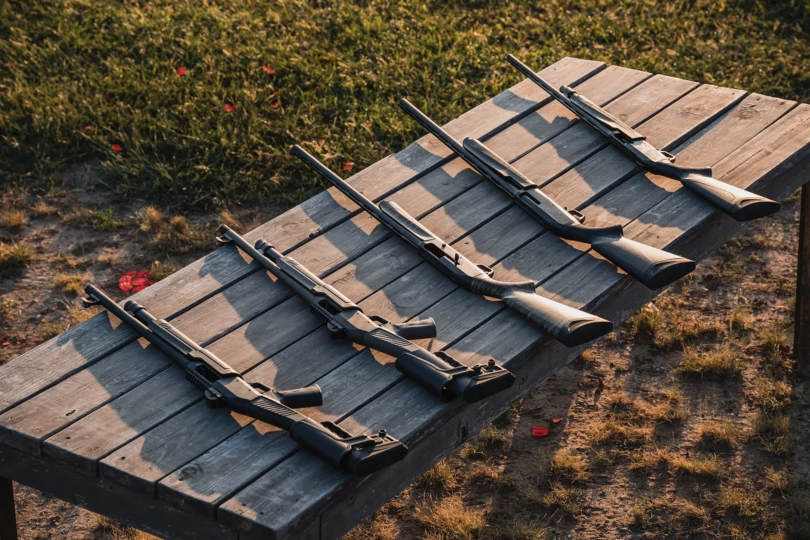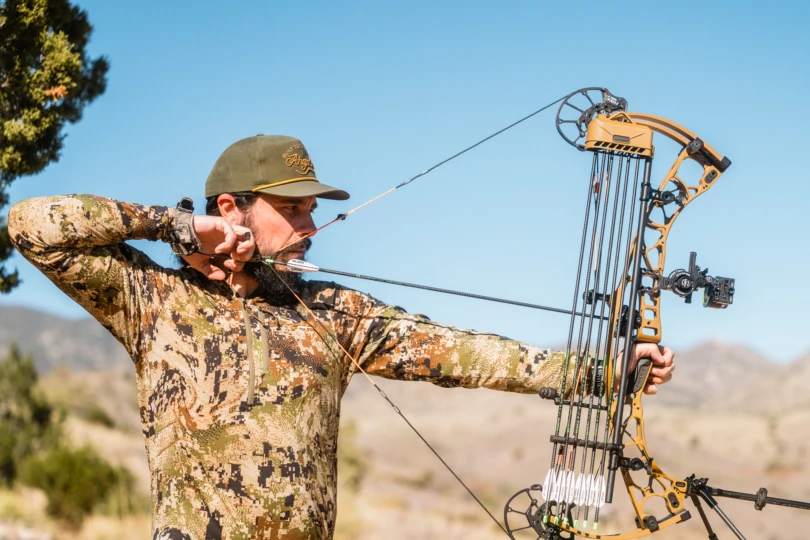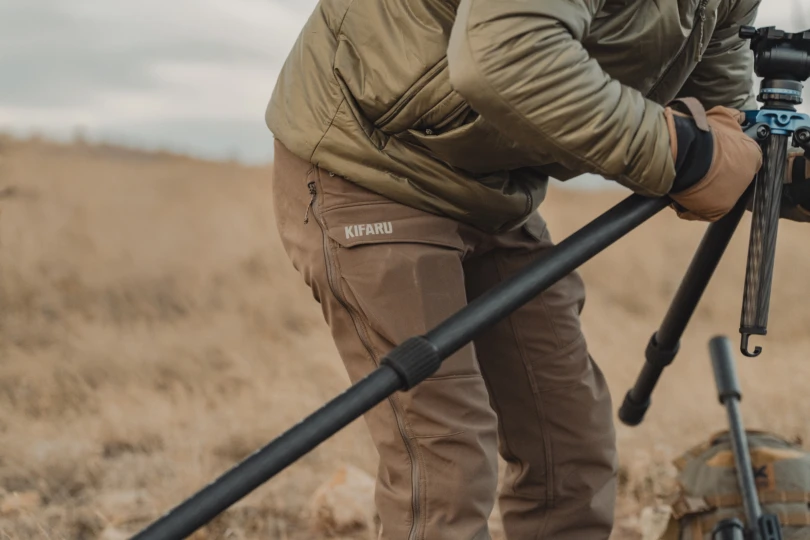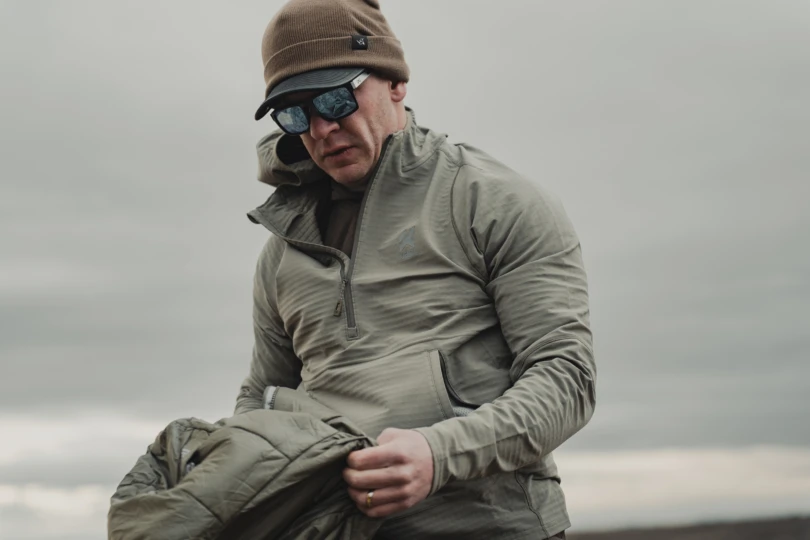Formerly known as the Brittany spaniel, the American Brittany is rising in popularity as one of the favorite breeds among upland bird hunters.
If you’ve seen a lightning flash of orange and white among tall grasses, you’ve most likely seen a Brittany in action. And action is at the center of the American Brittany’s life.
You’ll often hear folks refer to the Brittany as a Brittany spaniel, but the “spaniel” was dropped from the name for American Brittanies by the American Kennel Club in 1982. The reason for that is Brittanies tend to lean more toward the hunting style of popular pointing breeds. This contrasts against the flushing style of your typical spaniel.
There are two types of Brittany: the American and the French. The differences are slight, with both being very similar in temperament and hunting style. For simplicity’s sake, we’re focusing on the American Brittany.
Read on for more about this upbeat, energetic partner.
Life With an American Brittany

One of the smaller dogs in the sporting breeds, your average Brittany will reach 17-21 inches in height and typically weigh between 30 and 50 pounds, with males being on the top end of these scales. Coats range from orange and white, liver and white, a roan version of these colors, and, rarely, dark-brown and white.
Brittanies take their name from the Brittany region of France, where they appear in hunting art back to the 17th century. English setters are thought to be a major contributor to the breed’s genetics. The modern Brittany is an excellent retriever, pointer, and versatile hunting dog. Like spaniels in temperament, they are softer, more sensitive dogs that respond better to positive conditioning in training efforts. That said, they are intelligent and typically easy to train.
Naturally outgoing, proper socialization will help make your Brittany everyone’s best and goofiest friend. They make for excellent family companions for high-energy households, and their energy transfers into an unstoppable bird dog in the field.
Make no mistake: This is a dog that requires daily exercise for an hour or more. And it’s a long-lived, healthy, and vibrant breed. You can expect to have a Brittany in your home for 12-16 years.
Choosing a Brittany for Home and Hunting

The Brittany is considered a versatile hunting dog, but it shines when it comes to upland bird hunting. If you’re looking to chase a variety of upland birds from pheasants to chukar to grouse, a Brittany would make the perfect pointing and retrieving partner.
Although some Brittanies take to the water, it isn’t a part of their common repertoire. So don’t be disappointed if you don’t end up with an A+ duck dog. That’s just not their typical jam. And they lack the double coat found in many retrieving breeds, leaving them more open to the elements in wet conditions. They do typically have a flat or wavy coat, and they do well with a weekly brushing.
Brittanies don’t have the same issues that many other pet-focused breeds do, as hunting bloodlines remain predominant in the breed. But it’s important to have pups checked for hip dysplasia. Other health issues that occasionally come up in the breed are hyperthyroidism and epilepsy. So ask your breeder for thyroid and hip exams prior to bringing your new pup home.
As always, know your breeder. Did the pup’s parents hunt? Do the breeders practice sound breeding tactics? Are they breeding show dogs or field dogs? All are important questions to ask.
Final Thoughts
The medium-size American Brittany is a dog that can easily face a variety of mental and physical challenges outdoors. And yet, it’s a funny, sweet, and typically gregarious companion.
It’s gaining popularity as hunters catch on to the whimsy of this compact hunting dog breed. Whether you plan on competing in field trials or simply having a fun partner to chase pheasant with, an American Brittany is a fabulous gun dog for the active home.








